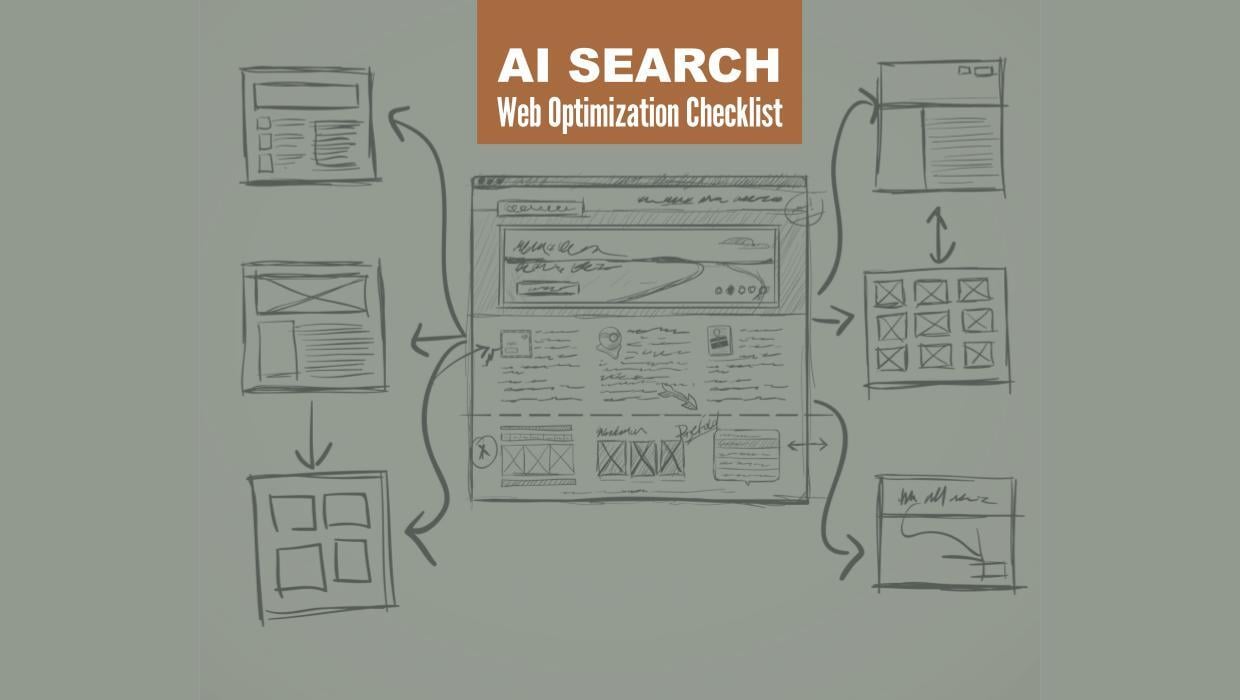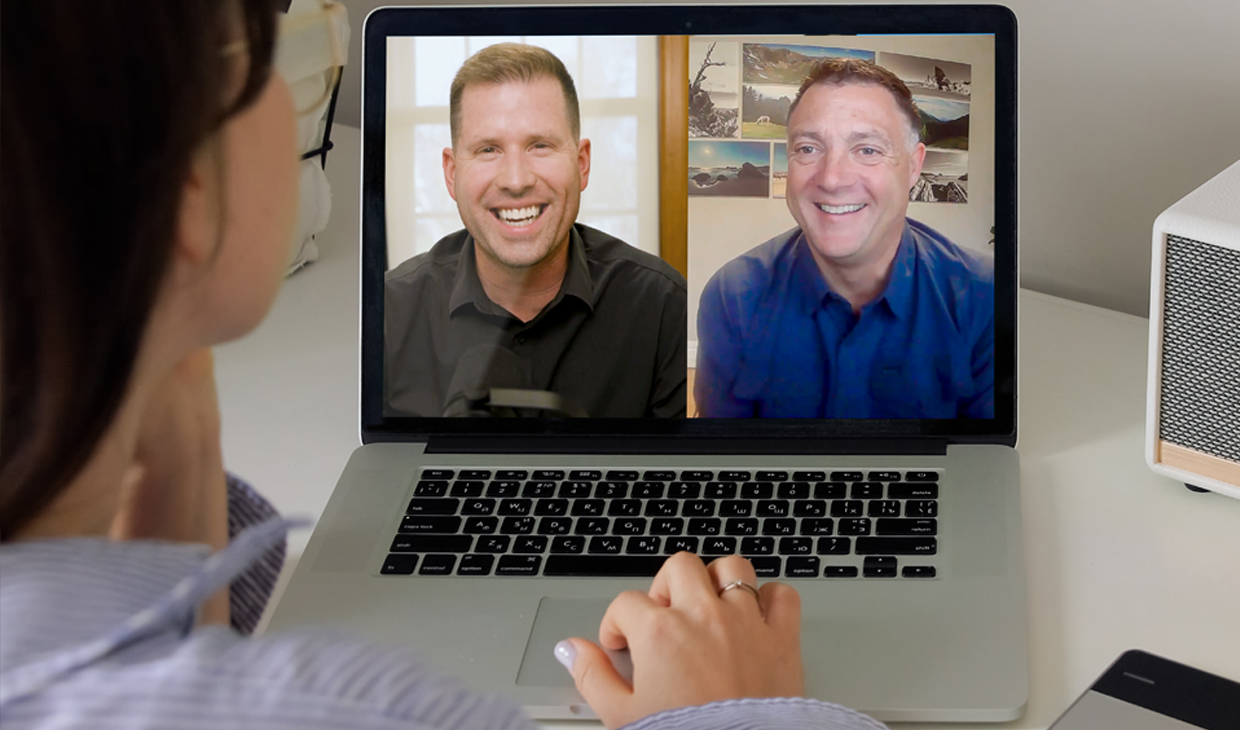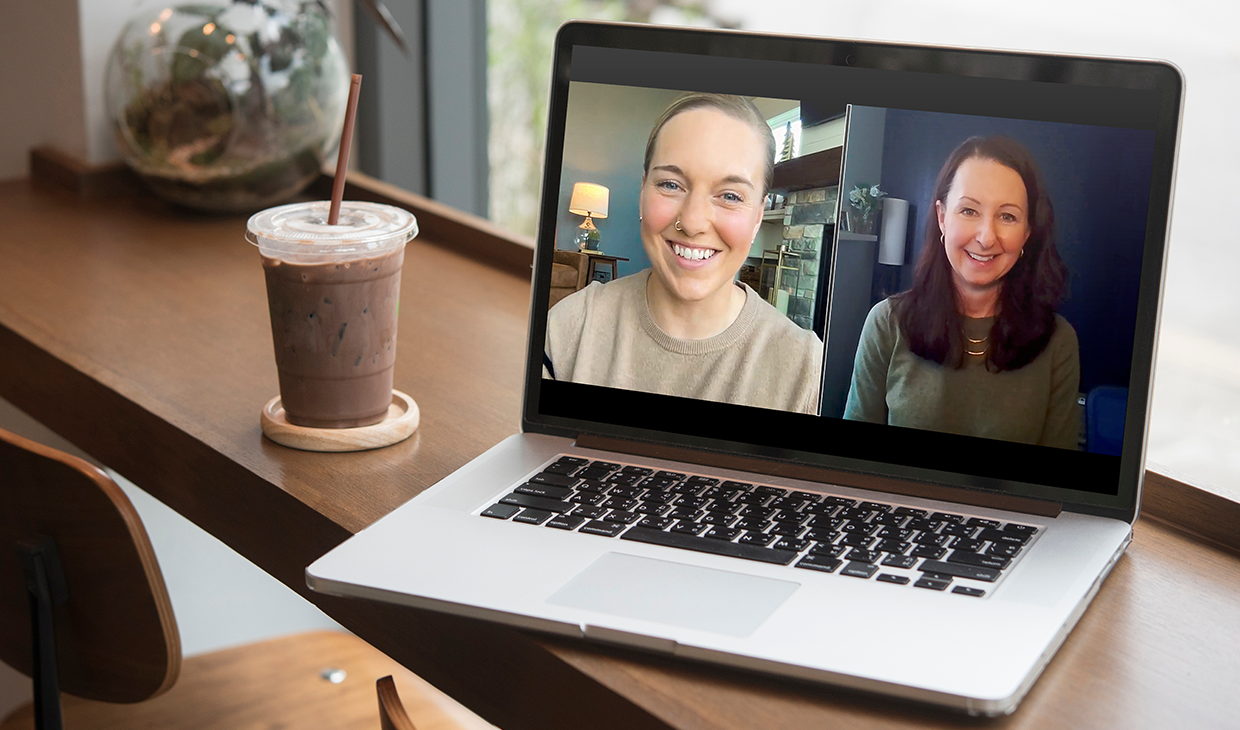Customer Interview Discussion Guide: The Voice of the Customer Questions You Should Be Asking
Written by
When properly done, customer interviews can reveal a treasure trove of valuable insights. They truly are underutilized marketing gems. However, a customer interview conducted poorly can create a sticky situation at best (or, at worst, damage a solid relationship).
Today’s article covers not only the right customer interview questions to ask, but also how to ask them, who should ask them, who should be answering them, and when those questions should be asked. All of these aspects contribute to getting what you want from voice of the customer questions: feedback that makes you aware of what your customers want and how they feel, and insights that help you better understand your buyer personas.
There’s a lot to consider, so we’re also sharing a discussion guide to help you. But first, let’s explore the types of insights you can expect from your efforts.
What Benefits Can You Expect From Customer Interviews?
There are multiple benefits to be gained from doing customer interviews, again, when done the right way (I’ll explain the wrong way, too).
Customer interviews provide:
- a platform that shows you’re listening and care about your customers
- insights from the customer’s perspective on their buyer’s journey with you
- feedback on what you provide straight from the customer’s mouth
- improvement opportunities relative to how you deliver services
- R&D ideas focused on what customers want (not what you think they want)
- valuable customer testimonials and case studies
- a deeper understanding of your buyer personas to fuel your content marketing
In short, they inject a ton of force into the inbound marketing flywheel while simultaneously reducing friction.
Who Should Be Interviewed?
Not every customer is a good choice for investing a significant chunk of your time and effort. It’s wise to be very intentional about the customer participants you target because you want to talk to the people who can teach you the most about yourself!
Consider your ideal customer; the type of relationship you’d love to spend your time serving. That’s usually a customer that mirrors what we call the “interview trifecta” ...
- The relationship is profitable for you
- They are growing their business (or have the potential to do so)
- They are a pleasure to work with
It’s not easy to find a customer that nails all three, but it’s important to consider them all as you plan your interviews. Speaking of easy, the customers that are easiest to schedule time with aren’t usually as helpful as ones that offer real insights. So, shoot for the best.
It’s also smart to target customers in various stages of the customer lifecycle. New customers have the best recall of why they became a customer, while your contacts at long-standing customers may not even be the people who initiated the relationship. Also consider customers that developed over time. Instead of winning a comprehensive vendor search, maybe a specific engineering challenge got you in the door. Sometimes it’s the small wins that evolve into great relationships.
When Should They Be Interviewed?
The most useful customer interviews — the ones that are incredibly valuable to organizations — occur during key milestones in the relationship. Issues, large and small, are top of mind and should be documented ASAP.
- After the Onboarding Process — A new customer clearly remembers the selling process, the key decision moment, and opportunities to improve that process (see more in the Discussion Guide below).
- After an Important Project — Recent activity is always easier to recall. Scrutinizing how a project originated, how you got selected, and how this experience could inspire future opportunities is a great exercise, with the customer providing the feedback. Simply asking, “Will this successful project give us more opportunities down the road?” can spark new business. It shows you’re interested in that customer’s long-term success.
- After a Bump in the Road — All relationships encounter challenges. A simple 1-on-1 with your main contact after a tough stretch can provide insights on how/when a project went off the rails. It also allows you to explain how this bump is in the rearview mirror; you’ve learned from this experience.
How often you decide to conduct customer interviews may depend on how often these milestones occur, but it should happen regularly, yearly at least. It’s also best to change out which customers are interviewed so you don’t burn out your best ones, and you also get fresh insights.
Customer Interview Discussion Guide
Creating a thoughtful discussion guide is critical. Sure, after doing dozens of customer interviews, you may not need this script-like tool, but until then, this is a lifesaver. You can customize this rough guide depending on the customer and when the interview is happening (after an important project, for instance).
Begin by warming up the interviewee and earning their trust
- How long have you been with the company?
- Where did you start your career?
- How did you achieve your current position?
Not only are you showing interest in them as a person, you want to understand their journey. It’s amazing how smoothly the rest of the interview will go and how much information you can learn. People are excited when they know that what they input could be put into action.
Next, follow the natural path of the buyer’s journey
- What first triggered the need to look for this type of vendor?
- What was the problem, pain, or opportunity to make you start looking?
- What were the important characteristics or capabilities you were looking for in a vendor?
- Who was involved internally in the search and what were their roles?
- What was the criteria for selecting a vendor?
- How were short-list finalists determined?
- Why did you ultimately choose us?
Lastly, conclude with specific results-focused questions
- What has the experience been like?
- Would you recommend us to another company?
- If so, what important things should a new customer know about?
- What things would cause you to question this relationship?
- If you could tell our company president one thing that needs fixing, what would it be?
- What are we not doing that you wish we did?
- If you were giving a testimonial about us, what would you say?
That final question naturally leads into the topic of actually using the testimonial in marketing efforts.
So, how long should a customer interview take?
I ask the interviewee to commit to 30 minutes, but be ready to go longer if the customer desires! Often, someone may enjoy being asked their opinion, especially when it could help a good relationship progress, so they may get quite chatty.
Go with it! Every minute is valuable and can uncover important information or ideas that you can use for years to come. You could gain insights on quoting projects, communication, billing, handling problems, technologies, etc. If a point of friction can be eliminated, you want to know about it!
Who Should Be Doing The Interviewing?
I saved this for last because just as there’s a right way to conduct customer interviews, there’s also a wrong way, and most of that rides on who is conducting the interview.
“Be prepared,” the Boy Scout motto goes, and that’s especially true for customer interviews. Approach them similarly to how you might research a candidate interviewing for a position at your company. If you don’t already know them well, do some backgrounding. Search the internet to find their position, education, credentials, and anything else that gives you a clear idea of who this person is.
Next, make sure you understand their industry.
No interview ever ended well that began with the interviewer coming across as a neophyte. Know the industry language, that person’s scope of responsibility, and that customer’s accomplishments.
Why so thorough? Because the first impression you make on the interviewee can set the table for a successful (or disastrous) interview. If you’re not ready to put in the homework, you’re not ready to connect with your customer in this way.
So remember, a customer interview should be properly structured, well paced, and hosted by a skilled, aware, and knowledgeable interviewer. Don't attempt it if the interviewer is unqualified to do it.
Here’s one more possibility when you get good at customer interviews. A video interview featuring a dynamic interviewee can be shared with others internally and even serves as a ready-made testimonial. Like any interview, choose wisely!
I mentioned the inbound flywheel methodology earlier. If you’re interested, our handy digital guide walks you through it and includes self-assessment worksheets you can apply to your business. Click the link below and get your copy!
Subscribe To Our Blog
Information. Insights. Ideas. Get notified every time a new Weidert Group blog article is published – subscribe now!
You May Also Like...

Search Engine Optimization
Optimize Your Industrial Website for AI Search

Marketing Technology
Why Unified Data Efforts Fail (and How Manufacturers Can Fix It)

Search Engine Optimization
How Falcon Rebuilt Industrial AI Search Visibility in 2025
Accelerate Your Growth with
Weidert Group
If you’re ready to explore a partnership, request a personalized consultation with our team.

